The candidates to replace Nicola Sturgeon as SNP leader risk destroying their party in their determination to lead it.
This paradox has been apparent ever since the First Minister announced her decision to stand down. But it was perhaps best exemplified in the contest’s first TV debate, which took place earlier this week.
While there was no clear winner in this dispiriting affair, that was not through lack of effort on behalf of the candidates, who competed not over competence but who could better trash the record of the SNP government in general and their leadership rivals in particular.
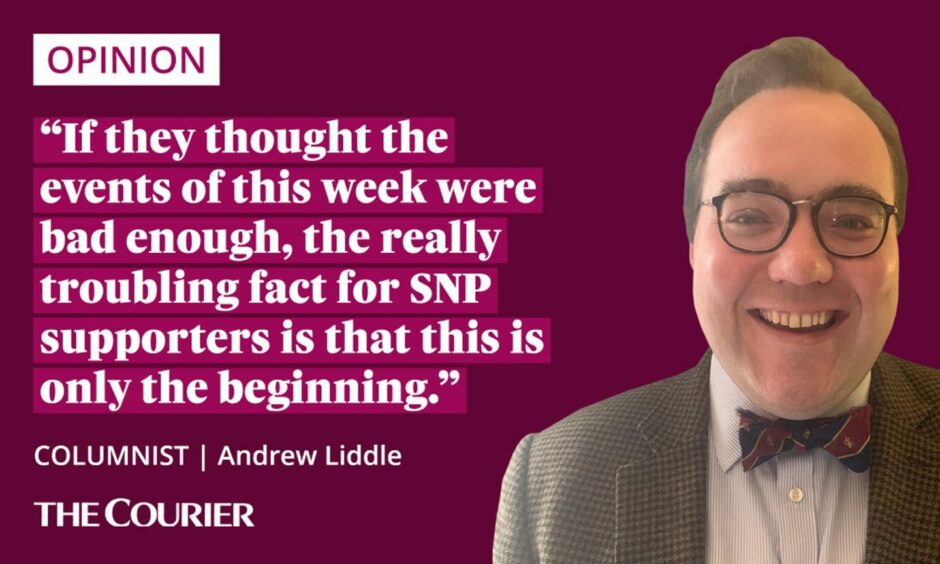
Kate Forbes said Humza Yousaf was not fit to be Health Secretary, and slammed his record in other departments with lines that could have been taken straight from an opposition script at First Minister’s Questions.
The current SNP government was mediocre, she concluded, and could well get even worse should Yousaf beat her to the leadership.
For his part, Yousaf accused Forbes of selling the Scottish people short in her dealings with the UK government – making a mockery of SNP claims to “stand up for Scotland”.
He suggested she would smash the party’s base with a lurch to the right on economic and social policy.
And he even overtly implied the party could split should she become leader, claiming the pro-independence movement would fragment due to her conservative social views.
Meanwhile, Ash Regan continued to lash out at anyone and everyone in her attempt to maintain a toehold in the contest.
Even King Charles III was not exempt, with Regan suggesting May’s coronation would have to take place in Scotland should he want to use the Stone of Scone in the ceremony.
Leadership race is a hard lesson for SNP
That the SNP leadership contest is so fratricidal is not unexpected.
Such internal acrimony is, in fact, taken as a given by supporters of the Labour and Conservative parties, who have endured more than their fair share of leadership contests over the last decade.
From the internecine competition between the Miliband brothers to the anomaly of Liz Truss, the scars of such contests are still so raw they do not need to be rehashed here.
But it is sufficient to say that it is almost never the case that internal leadership elections are conducted in a constructive or respectful way.
Indeed, it is a paradox that those vying to secure a leadership often end up destroying the party they desire to lead in the process.
It may have taken 20 years, but the SNP is now experiencing this phenomenon as well.
SNP leadership battle has three weeks to run
Everyone from elected members to party functionaries balked at the rancour and ill-will on display in the TV debate.
Emma Roddick, an SNP MSP, said it was “bizarre”.
Pete Wishart, an SNP MP, described it as “totally dispiriting”.
Toni Giugliano, an SNP apparatchik who has tried to be both, branded it “disgraceful and dishonest”.
Attacks on our own Government, weird conspiracies about 'party machines' and wacky independence suggestions that wouldn't be out of place in the Thick of It. Our leadership candidates need to reign it in. My blog out later today.
— Pete Wishart (@PeteWishart) March 9, 2023
If they thought the events of this week were bad enough, the really troubling fact for SNP supporters is that this is only the beginning.
There is almost another three weeks left of the leadership campaign.
There are two more live TV debates where the party’s divisions will be laid bare for all to see, not to mention all the other hustings and media calls to take place besides.
Most importantly, there are still three contenders who, despite the efforts of their respective rivals, remain very much in the leadership race and seem willing to leave no criticism unaired in pursuit of victory.
Should the contest carry on as it has, the eventual victor may well find they do not have much of a party left to lead.
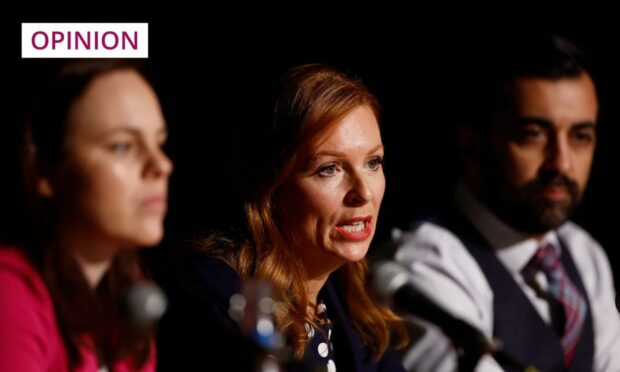
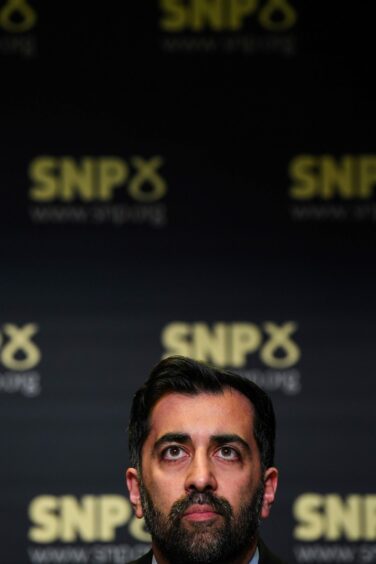
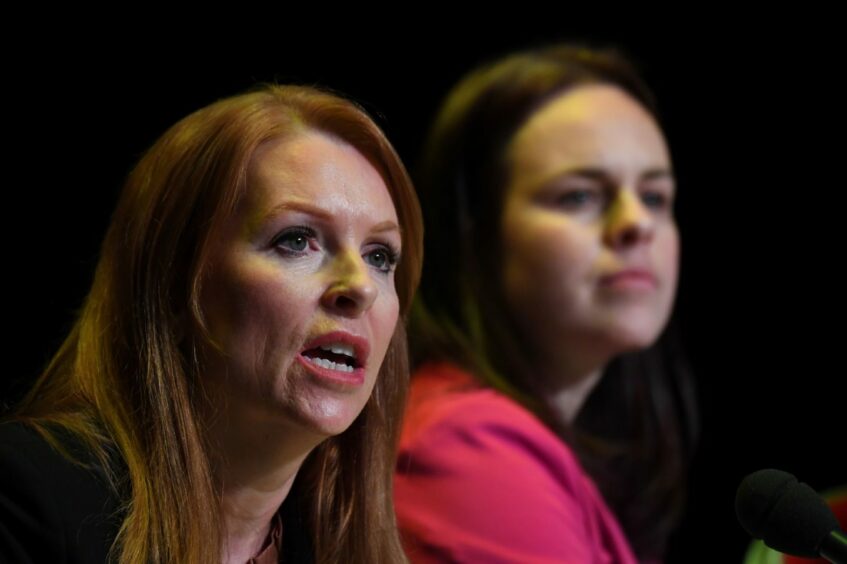
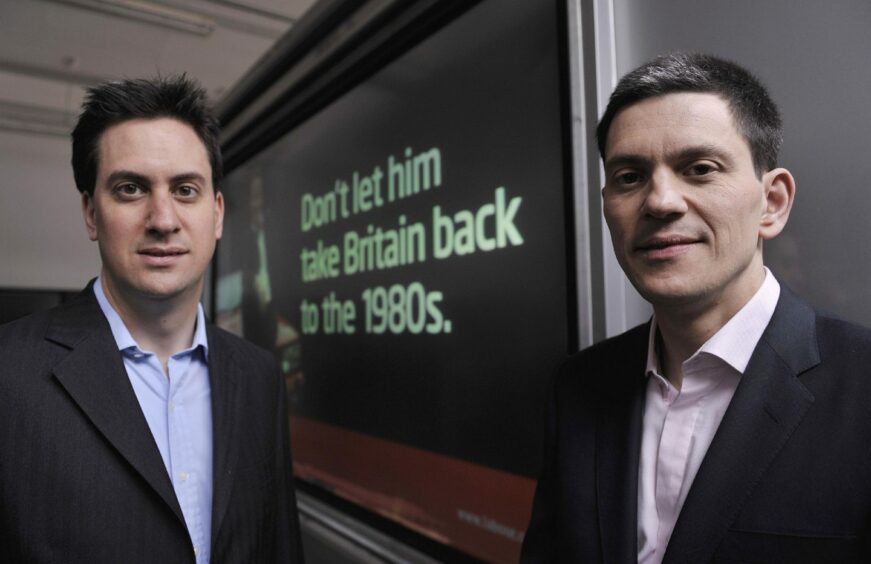










Conversation